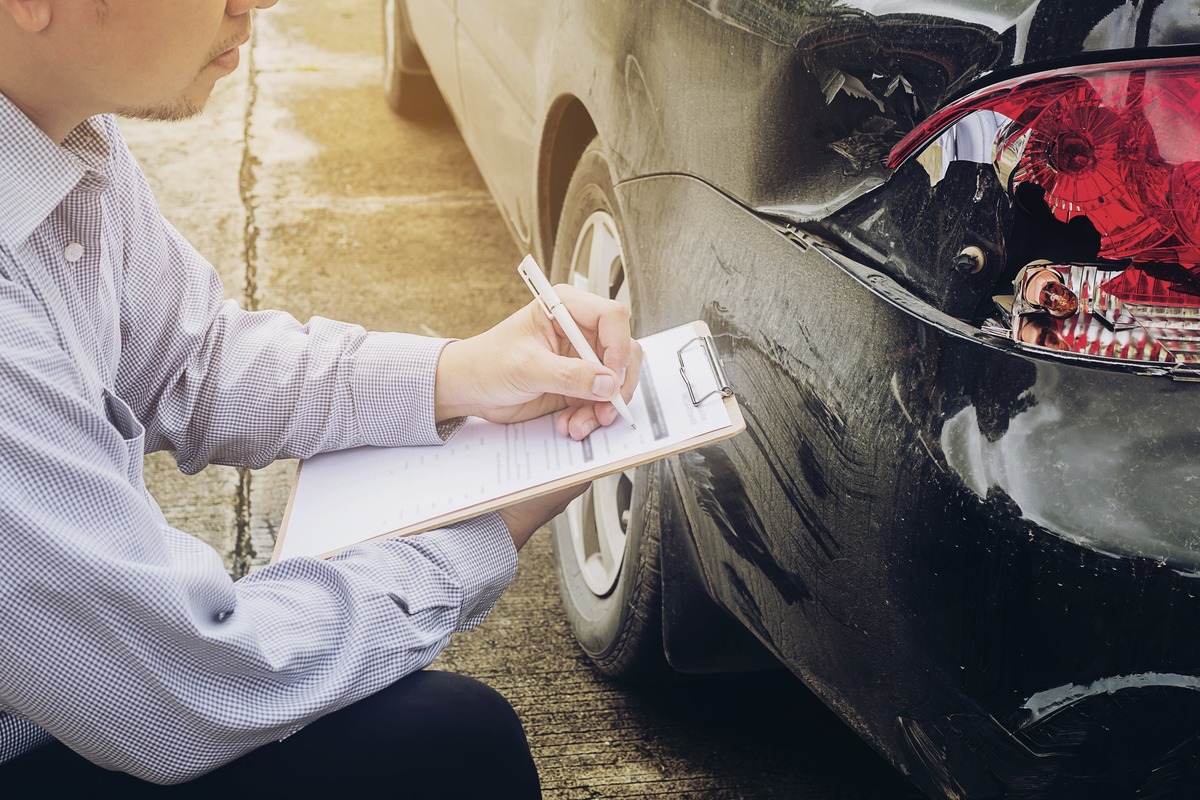Guide to Sell the Car of a Deceased Person
Dealing with the affairs of a deceased loved one can be a challenging and emotional process, especially when it comes to selling their vehicle. The process involves legal, financial, and logistical considerations that can vary based on local laws and regulations. This guide aims to simplify the steps needed to sell a car belonging to a deceased person.
1. Gather Important Documents
Before you can sell the vehicle, you’ll need to collect all relevant documents related to the car and the deceased:
- Title of the Vehicle: The car’s title proves ownership and is essential for the sale.
- Death Certificate: A certified copy may be required to prove the owner’s passing.
- Will or Trust Documents: If the deceased had a will or trust, these documents will dictate how their assets, including the car, should be managed.
- Proof of Identity: Ensure you have identification to verify your identity as the seller.
2. Determine Ownership
Understanding who legally owns the vehicle is crucial. If the deceased had a will, it might specify who inherits the car. In the absence of a will, local laws regarding inheritance will come into play. You may need to go through probate court to formally transfer ownership, especially if the vehicle’s value exceeds a certain threshold.
3. Obtain a Title Transfer
Once you have established ownership, you’ll need to transfer the title to your name or to the buyer’s name, depending on your intention. To do this:
- Complete the Title Transfer Application: This can often be found on your local Department of Motor Vehicles (DMV) website or office.
- Provide Necessary Documentation: This typically includes the original title, death certificate, and any probate documentation if applicable.
- Pay Applicable Fees: Be prepared to pay any fees associated with the title transfer.
4. Assess the Vehicle’s Value
Before selling the car, it’s important to understand its market value. You can use online resources such as Kelley Blue Book, Edmunds, or AutoTrader to determine a fair price based on the car’s make, model, year, condition, and mileage.
5. Prepare the Car for Sale
To attract potential buyers and maximize the sale price, make sure the car is in good condition:
- Clean the Car: Wash and detail the vehicle inside and out.
- Perform Minor Repairs: Fix any small problems that might make people not want to buy, like fixing dents or replacing lights that have burned out.
- Gather Maintenance Records: Having a history of maintenance can reassure buyers of the car’s reliability.
6. Advertise the Vehicle
Once the car is ready for sale, create an effective advertisement:
- Take Quality Photos: Use good lighting and take multiple angles of the car.
- Write a Clear Description: Highlight the vehicle’s features, condition, and any recent maintenance or repairs.
- Choose Selling Platforms: Consider online marketplaces (like Craigslist, Facebook Marketplace, or specialized sites like CarGurus) or local classifieds. You may also choose to sell through a dealership or consignment service.
7. Screen Potential Buyers
When potential buyers express interest, take the time to vet them:
- Arrange Test Drives: Ensure that you or a trusted person is present during test drives to oversee the process.
- Communicate Clearly: Be honest about the vehicle’s condition and history.
8. Finalize the Sale
To finish the sale, do these things after you’ve found a buyer and decided on a price:
- Complete the Bill of Sale: This paper spells out the details of the deal and proves that it happened. It usually has information about the customer, the seller, the car, and the price being paid.
- Transfer the Title: Sign over the title to the new owner according to your local DMV’s requirements. Provide the buyer with any necessary documents for registration.
- Remove License Plates: Depending on local laws, you may need to remove the license plates from the vehicle before the new owner registers it in their name.
9. Notify the DMV
After the sale, notify your local DMV of the transaction. This can help prevent potential liabilities associated with the vehicle and ensure that the title records are updated accordingly.
Conclusion
Selling a car belonging to a deceased person involves navigating emotional and legal complexities. If you’re looking to buy and sell used cars in Kerala, following this guide can ensure a smoother process while honouring the memory of your loved one. Always consider consulting with a legal professional or estate advisor if you encounter challenges or have questions specific to your situation. With the right approach, you can successfully sell the car and help settle the estate efficiently, allowing you to focus on remembering and celebrating your loved one’s life.
Also read: Home-Used Cars for Sale in Ghana – Find Quality & Affordable Vehicles with SAT Japan














Post Comment